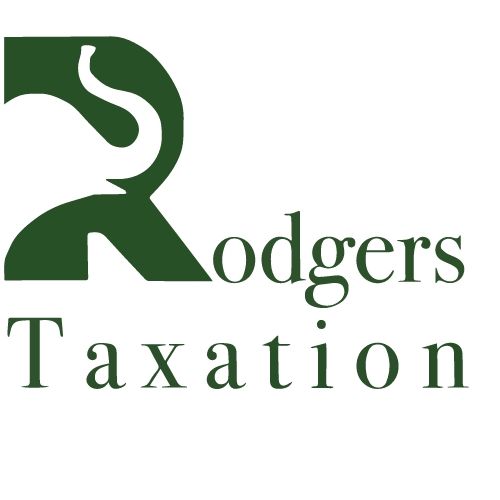Tax-Savvy FAQs: Your Questions Answered
Frequently asked questions
TAX FAQ's
-
What is inheritance tax and who needs to pay it in the UK?
Inheritance tax (IHT) is a tax on the estate (property, money, and possessions) of someone who's passed away. If the value of the estate exceeds the IHT threshold, which currently stands at £325,000, the portion above this threshold may be subject to tax at 40%.
-
How can I reduce my inheritance tax liability?
Reducing IHT can be achieved through various methods such as gifting assets during your lifetime, setting up trusts, investing in assets that qualify for Business Relief, and taking out a life insurance policy to cover potential IHT liabilities.
-
What are freezer shares and how are they used in tax planning?
Freezer shares are used in family businesses as part of succession planning. They allow the original owner to retain control over the existing value of their shares, while any future growth in value accrues to new shares held by the next generation, potentially reducing future inheritance tax liabilities.
-
What are the tax implications of owning and transferring shares in a property investment business?
Transferring shares in a property investment business can have capital gains tax and inheritance tax implications. Planning such transactions carefully is essential to optimize the tax position, including the use of trusts or considering the timing of disposals.
-
How does one navigate capital gains tax in the event of a divorce?
During a divorce, capital gains tax might apply to the division of assets. Transfers between spouses are usually on a 'no gain no loss' basis but planning the timing of sales and transfers can be crucial, especially if the asset division occurs after the third tax year of separation.
-
What should be considered when incorporating a property business?
When incorporating a property business, important considerations include assessing potential capital gains tax on the transfer of properties into the company, the impact on stamp duty land tax, and the ongoing tax efficiency of corporate versus personal ownership.
-
How is professional share valuation performed for tax purposes?
Share valuations for tax purposes, such as in the context of share schemes or capital gains tax calculations, must follow HMRC guidelines and consider factors like market conditions, company performance, and future growth prospects.
-
What are the reporting requirements for trusts with HMRC?
Trusts need to be registered with HMRC, and ongoing compliance includes filing annual tax returns, reporting any taxable income or gains, and meeting the 10-year anniversary inheritance tax charges and exit charges as applicable.
-
How do you handle HMRC notifications for share schemes?
Notifying HMRC about share schemes involves registering the scheme, submitting annual returns, and ensuring that any changes in the scheme's status or its termination are communicated in a timely manner to comply with tax laws.
-
What considerations are there for non-domiciled UK residents in terms of inheritance tax?
Non-domiciled UK residents need to consider their domicile status as it affects their UK inheritance tax exposure. Those deemed domiciled in the UK for tax purposes may be liable for UK IHT on their worldwide assets, not just those in the UK.







